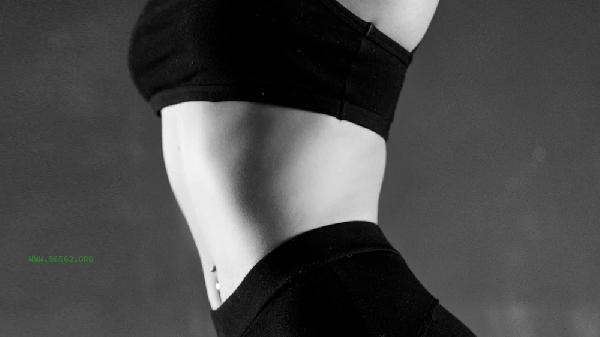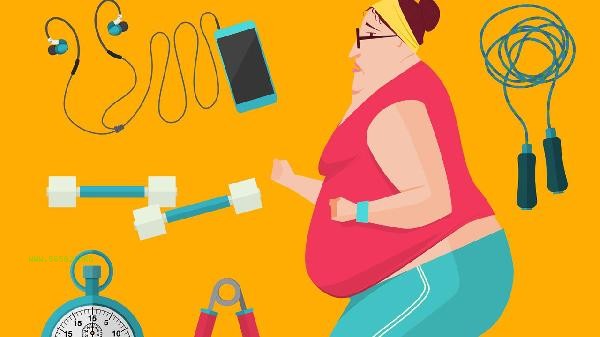During the menstrual period, weight loss should focus on adjusting the diet structure, avoiding extreme dieting, recommending high protein, high iron, low GI foods, and controlling total calorie intake. The main precautions include supplementing iron, choosing low sugar foods, increasing dietary fiber, consuming healthy fats in moderation, and avoiding raw, cold, and stimulating foods.

1. Supplementing iron:
During menstruation, iron loss increases. It is recommended to supplement heme iron through foods such as animal liver, lean meat, spinach, etc. Consume 2-3 times a week of pig liver or duck blood, combined with vitamin C-rich oranges and kiwis to promote absorption. Avoid drinking strong tea and coffee at the same time, as iron deficiency may worsen fatigue and affect athletic performance.
2. Choose low glycemic index foods:
Prioritize low glycemic index staple foods such as oats, brown rice, and whole wheat bread, paired with high-quality protein such as chicken breast and fish. These types of foods can stabilize blood sugar fluctuations, reduce cravings for sweets during menstruation, and avoid overeating caused by sudden increases and decreases in blood sugar. The recommended daily intake of staple food is 150-200 grams. 3. Increase dietary fiber: During menstruation, intestinal peristalsis slows down, and constipation can be improved by consuming fiber rich foods such as broccoli, apples, chia seeds, etc. Water soluble dietary fiber can slow down gastric emptying and enhance satiety. Daily intake of 25-30 grams of fiber is equivalent to 300 grams of green leafy vegetables and 2 medium-sized apples. 4. Moderate intake of healthy fats: Increasing the intake of unsaturated fatty acids in salmon, nuts, and avocados can help alleviate menstrual discomfort. Omega-3 fatty acids can inhibit prostaglandin synthesis and alleviate dysmenorrhea. Consuming 15-20 grams of nuts daily or deep-sea fish three times a week can meet the demand and avoid excessive calorie intake.
5. Avoid consuming raw and cold stimuli:

Avoid low-temperature foods such as ice cream and cold drinks that can stimulate uterine contractions, and reduce stimulating foods such as chili peppers and alcohol that may exacerbate pelvic congestion. The basal metabolic rate during menstruation is increased by about 5-10%, which can be replaced by high sugar drinks such as warm red date ginger tea, longan goji berry tea, etc., to warm the uterus and control calories.
During menstruation, it is necessary to ensure a daily basal calorie intake of 1200-1500 calories and adopt a small amount of multiple meals to alleviate swelling and discomfort. It is recommended to add high-quality protein such as eggs and milk for breakfast, steamed fish and mixed grain rice for lunch, and easily digestible tofu and vegetable soup for dinner. Cooperate with low-intensity exercises such as brisk walking and yoga to control weight loss within 0.5 kilograms per week. Pay attention to observing the body's reactions. If severe fatigue or dysmenorrhea occurs, suspend the weight loss plan and promptly supplement with warm and blood nourishing foods such as brown sugar water and beef. When recording weight changes during menstruation, the effect of water and sodium retention caused by hormone fluctuations should be considered to avoid excessive anxiety due to temporary edema and weight gain.





Comments (0)
Leave a Comment
No comments yet
Be the first to share your thoughts!